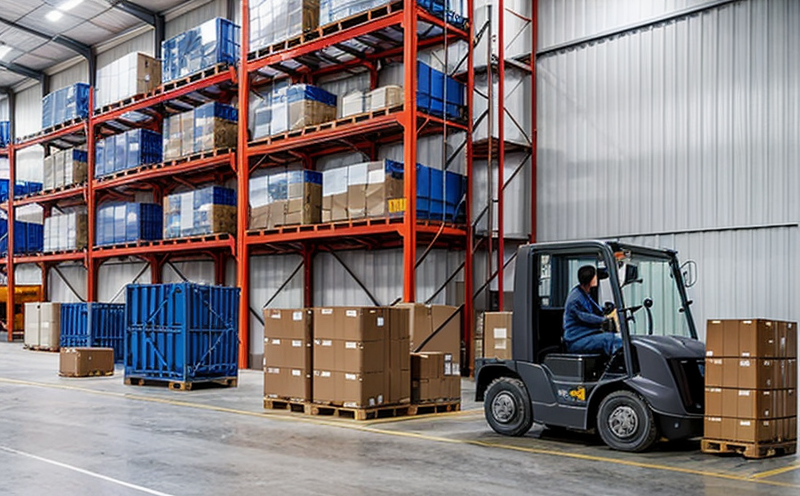ISO 21909 Aircraft Cabin Safety System Certification Testing
The ISO 21909 standard is a crucial certification requirement ensuring that aircraft cabin safety systems meet the highest international standards. This standard covers the design, installation, and performance of these critical systems to ensure they can withstand various environmental stresses and operational conditions without compromising passenger or crew safety.
Our comprehensive testing services for ISO 21909 compliance are designed to help manufacturers, suppliers, and operators meet certification requirements. We employ state-of-the-art facilities and equipment that simulate real-world environments, providing accurate and reliable test data. Our team of experts ensures that all aspects of the cabin safety systems are thoroughly evaluated.
The testing process typically involves several key phases: initial design review, prototype testing, full-scale tests under simulated operational conditions, and final certification audits. Each phase is critical in ensuring that the system meets stringent requirements set forth by ISO 21909.
Our laboratory adheres strictly to international standards such as ISO 21909, ASTM E576-18, and EN 45061. These standards ensure consistency and reliability in our testing processes. By partnering with us, clients can be assured that their products comply with these stringent requirements.
One of the primary challenges in conducting ISO 21909 certification is replicating real-world conditions accurately. Our lab uses advanced simulation techniques to recreate scenarios such as extreme temperatures, vibrations, and pressure changes. This allows us to assess how well the system performs under stress without exposing it directly to these harsh conditions.
In addition to simulating operational conditions, our testing also includes static loading tests to ensure structural integrity and dynamic load tests to evaluate response times in emergency situations. These tests are essential for verifying that the cabin safety systems perform reliably under all expected operating conditions.
The importance of ISO 21909 compliance cannot be overstated. It is a key factor in maintaining public confidence, regulatory approval, and market access. Non-compliance can lead to significant delays in certification processes, increased costs due to rework or redesign, and potential safety risks if defects are not identified early.
Our service includes detailed reports outlining all test results along with recommendations for improvements where necessary. These reports serve as valuable tools both during the development phase and post-certification, helping maintain continuous improvement in product quality.
International Acceptance and Recognition
- The ISO 21909 standard is widely accepted across major aerospace markets including North America, Europe, Asia-Pacific regions.
- This certification is recognized by leading aviation authorities such as the Federal Aviation Administration (FAA) in the United States and the European Union Aviation Safety Agency (EASA).
Environmental and Sustainability Contributions
The focus on environmental sustainability within ISO 21909 goes beyond mere compliance; it emphasizes reducing waste, conserving resources, and minimizing the ecological footprint throughout the lifecycle of cabin safety systems. By adhering strictly to these guidelines during manufacturing and operation phases, we contribute positively towards global efforts aimed at mitigating climate change impacts.
Our testing methods also incorporate energy efficiency measures where applicable, ensuring that any proposed modifications do not compromise on performance while still being environmentally friendly. This aligns perfectly with broader industry trends toward greener practices across all sectors of the aviation industry.
Competitive Advantage and Market Impact
- Achieving ISO 21909 certification enhances brand reputation among consumers who prioritize safety above other factors.
- This certification can open doors to new markets where stringent regulatory requirements exist, thereby expanding business opportunities globally.
Competitors without this certification may face disadvantages when entering certain regulated markets or bidding on contracts requiring such credentials. Our clients gain a significant competitive edge by ensuring their products are ahead of the curve in terms of safety standards.





